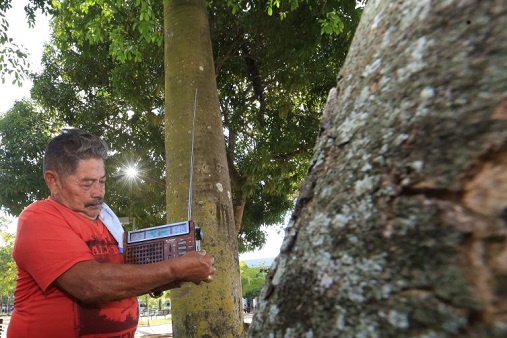
A map by InfoAmazonia shows dozens of independent radio stations broadcasting from remote rainforest communities. Despite financial pressures, many confront agribusinesses while highlighting Indigenous and environmental rights.
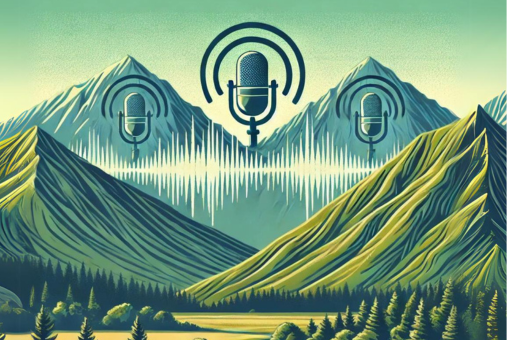
The creators behind Periodismo de lo posible are rethinking what it means to have an impact with journalism, looking beyond clicks and efforts to go viral.
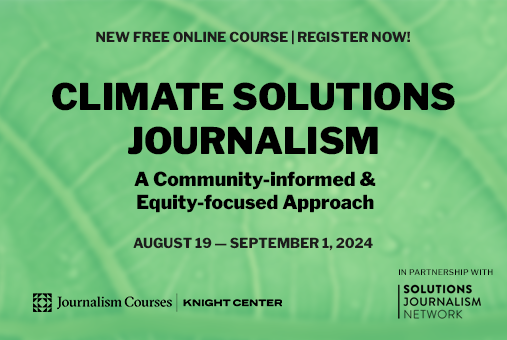
The free online course “Climate Solutions Journalism: A Community-informed & Equity-focused Approach,” will equip you to make a real impact by focusing on practical solutions for everyday climate issues.
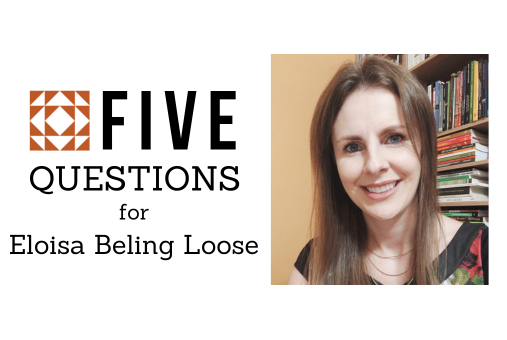
LJR spoke with Brazilian researcher and professor Eloisa Beling Loose about how journalism can deepen the discussion on climate change. She highlighted the importance of addressing both the consequences and causes of the climate crisis, as well as disaster prevention. Loose suggests that journalists incorporate care of the environment into their coverage and value traditional knowledge about the environment.
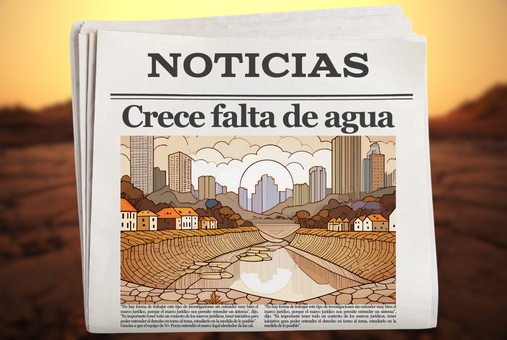
Disinformation and obstacles to accessing public information are some of the challenges that journalists from Bolivia, Colombia and Mexico have faced when covering issues related to water. Reporters shared recommendations to improve coverage of the water crisis, including the use of long-term and long-form reporting.
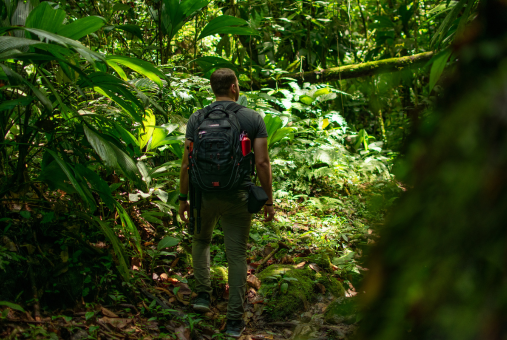
On the occasion of World Press Freedom Day, which marks the theme “Journalism in the face of the climate crisis” this year, LJR presents a compilation of open opportunities for Latin American journalists covering environmental issues. They include everything from reporting grants to mentorship to awards of different levels.

The connection between press freedom and the many challenges facing the planet – including climate change – is the theme for the 2024 World Press Freedom Day. Under the motto “A Press for the Planet: Journalism in the face of the environmental crisis,” May 3 arrives with discussions on how to guarantee journalists’ work as well as strategies to confront disinformation and denial of climate change.
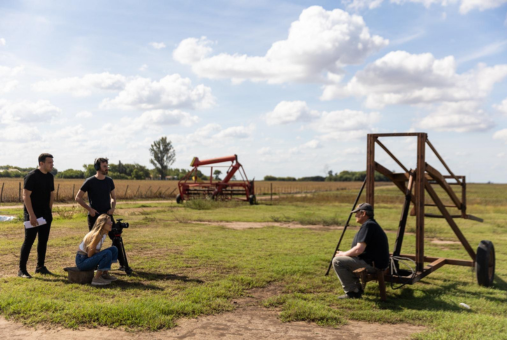
To show the impact of an historic drought on the agricultural industry, a team of journalists from La Nación spoke with more than nine rural producers. They also spoke with specialists to learn about the tons of cereals that were lost, as well as how much money never entered the market.
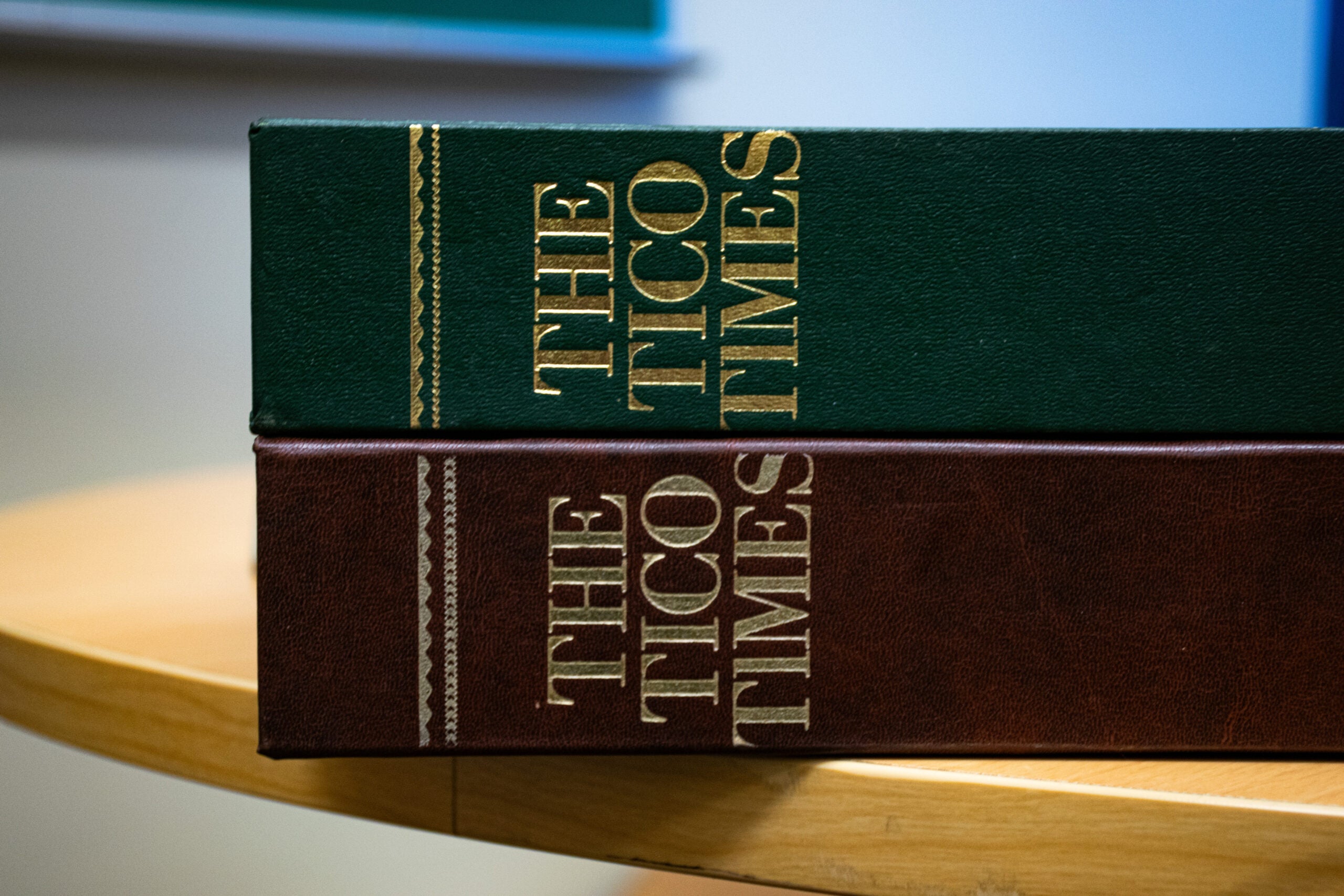
For decades, The Tico Times newspaper has covered Costa Rica and Central America for an English-speaking audience. After former publisher and editor Dery Dyer passed away in 2020, a concerned former journalist of the publication helped to find her old boss’ archive a new home.
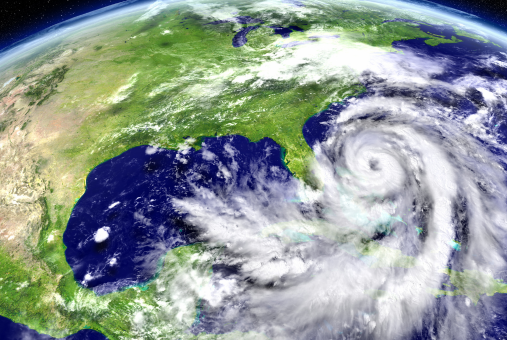
In the face of climate change effects in the Caribbean, journalists covering natural disasters should have mental health checklists detailing what their newsrooms should do before, during and after potentially stressful coverage, says Trinidadian environmental journalist Seigonie Mohammed.

Investigatour Amazonía, an initiative created by Convoca in Peru and replicated by Fundamedios in Ecuador, aims to encourage the training of journalists from Amazon regions. The focus is on data journalism, digital narratives and security so that journalists can develop in-depth stories on environmental conflicts and organized crime suffered by their communities.

Disinformation narratives that seek to delay actions against climate change, a communication initiative to train communities on digital security, and protection tips for journalists covering the Amazon were lessons learned at the II Amazon Summit on Journalism and Climate Change, organized by Fundamedios, in Ecuador.